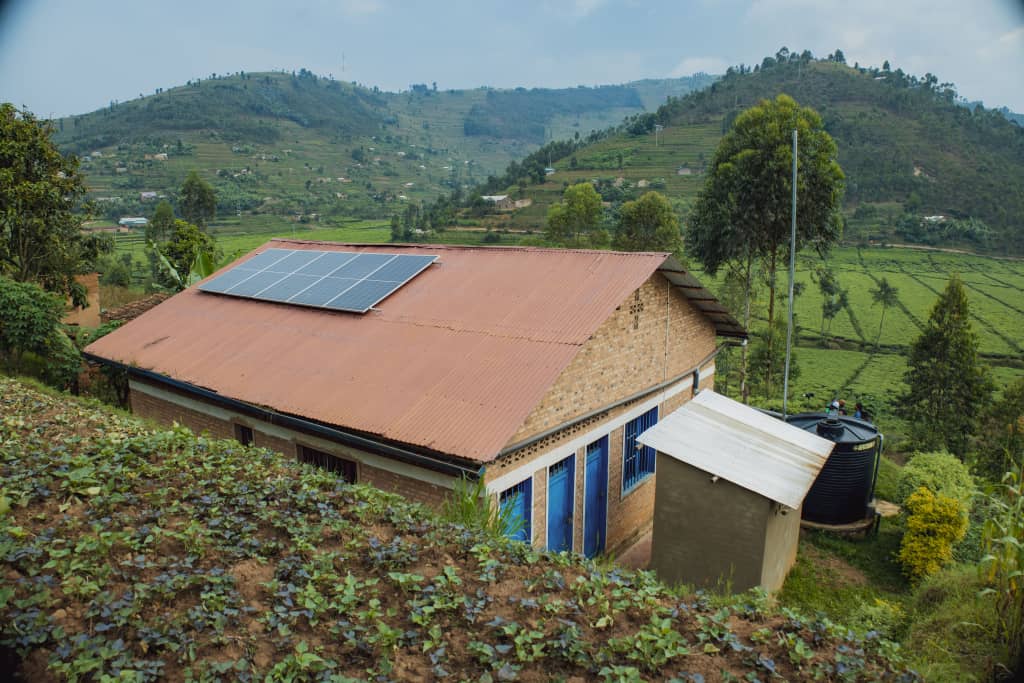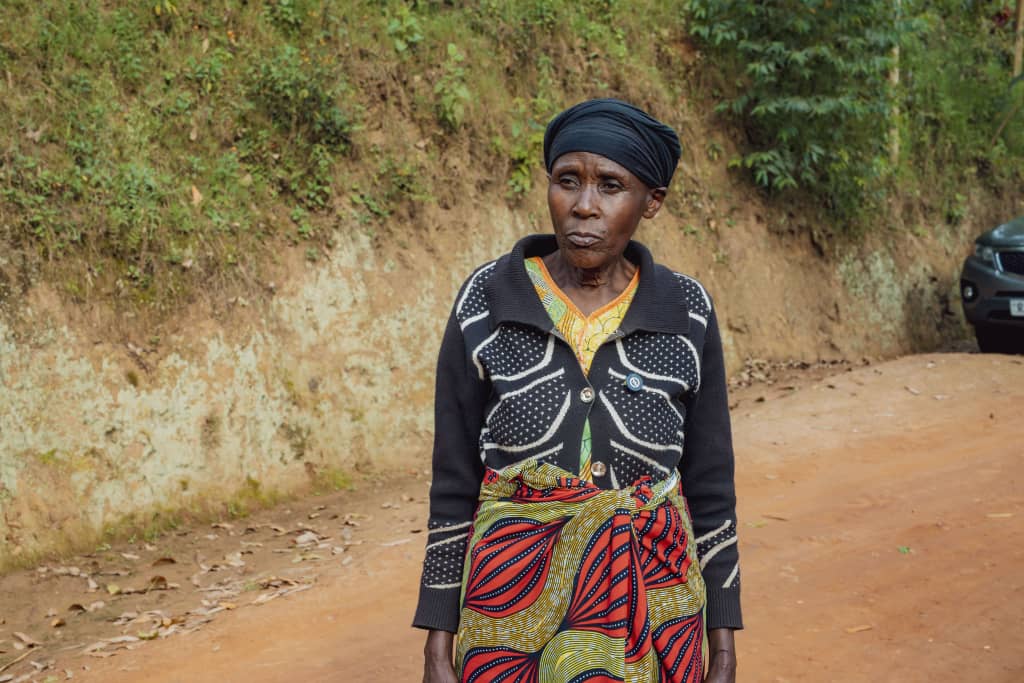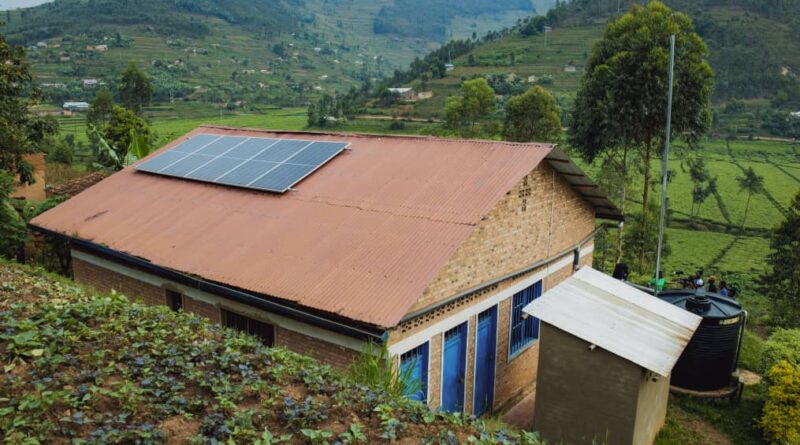UNDP and MINALOC in a joint Effort to improve service delivery and environmental protection
The Ministry of Local Government (MINALOC), in collaboration with the United Nations Development Programme (UNDP), continues to expand efforts to improve service delivery to citizens both at local administrative levels and in health facilities, while also advancing environmental protection and climate resilience.
Through this partnership, over 1700 solar panels have been distributed across five districts, powering various sector offices and health posts that are known for providing essential services to citizens and helping them keep pace with development.
These districts include Nyamagabe, Huye, Nyaruguru, Gakenke, and Gicumbi. On June 24, 2025, five health posts received solar energy systems two of which are located in Gicumbi District.

During the event, community members were reminded of the benefits of using solar energy as a renewable resource. They were informed that it helps save money otherwise spent on candles, fuel, and electricity.
Furthermore, they were educated on how solar energy contributes to environmental protection and climate action, which are essential for healthy living.
Residents expressed optimism that the installation of solar energy in local offices and health posts would enhance service delivery, especially since many services now rely on digital systems and electricity.
They said: “There were times you would go to seek a service from the Executive Secretary and find out there was no electricity, which delayed our development. Even at health posts, the lack of electricity meant poor service not due to the health workers’ fault but because of the infrastructure. Now that solar panels are installed, it’s a relief for everyone. The only reason we might not receive services now would be negligence from those responsible.”
“Our sector offices are lit, our health facilities are powered, and we too benefit from using solar systems. We’ve witnessed the advantages, and we know this energy doesn’t harm the environment because it doesn’t require poles like the national grid or diesel and petrol like traditional generators.”
According to Placide Niyodusenga, the Director of Partner Coordination at MINALOC, site selection for the solar installations was based on several criteria.
He said: “The initiative to install solar panels at sector offices and health posts was done in partnership with UNDP to improve public service delivery. We worked closely with the Rwanda Energy Group (REG) to identify off-grid areas where the national grid is not yet available and is unlikely to reach soon.”
A total of 36 cell offices across the five districts are now powered by solar energy, along with the five health posts. These efforts are expected to improve the quality of citizen-centered services, as effective service delivery is a cornerstone of sustainable development.
At a time when the world is grappling with climate change impacts, solar energy is increasingly being promoted as a clean energy source that can be used for lighting, agriculture (such as irrigation), and digital applications offering an alternative to fossil fuels like diesel and petrol which contribute to air pollution.
In line with Rwanda’s efforts to protect the environment and expand access to renewable energy, more citizens are turning to solar energy as a source of electricity.

Currently, between 18% and 22% of households across the country especially in rural, off-grid areas—are using solar energy systems in their homes.
This progress is driven by government and private-sector initiatives, including the Solar Home Systems (SHS) program and companies like BBOXX and Ignite Power, which provide clean, affordable energy to underserved communities.
As solar energy adoption continues to grow, so does its role in helping Rwanda achieve universal electricity access by 2030.

